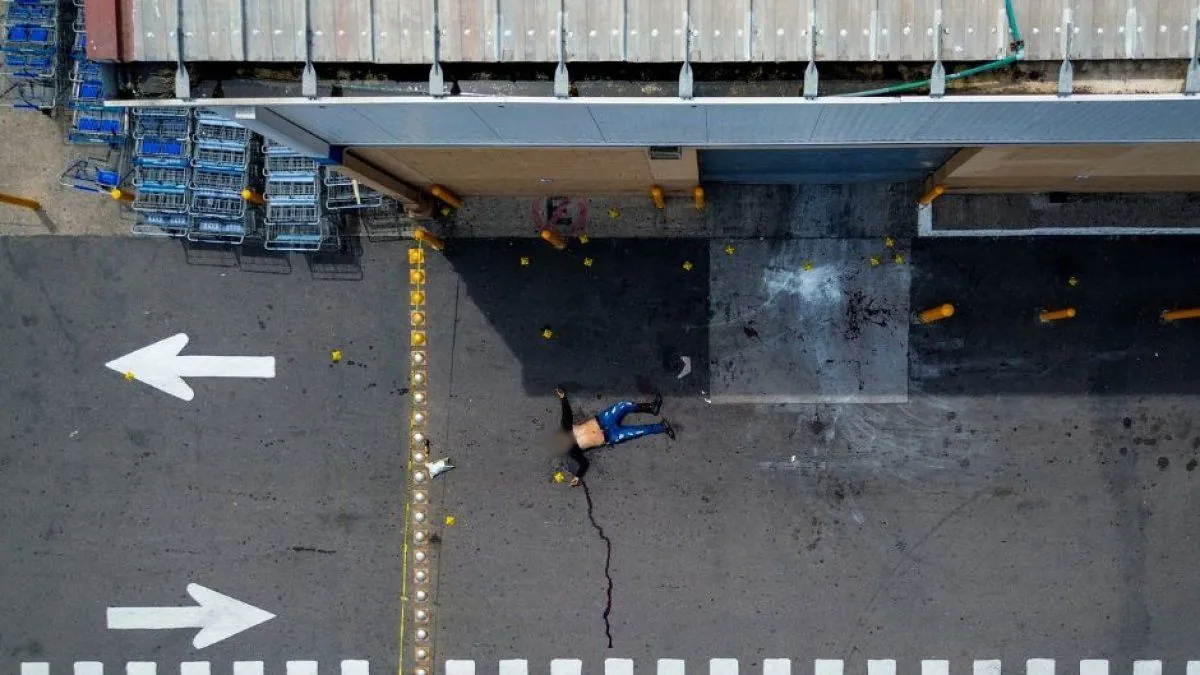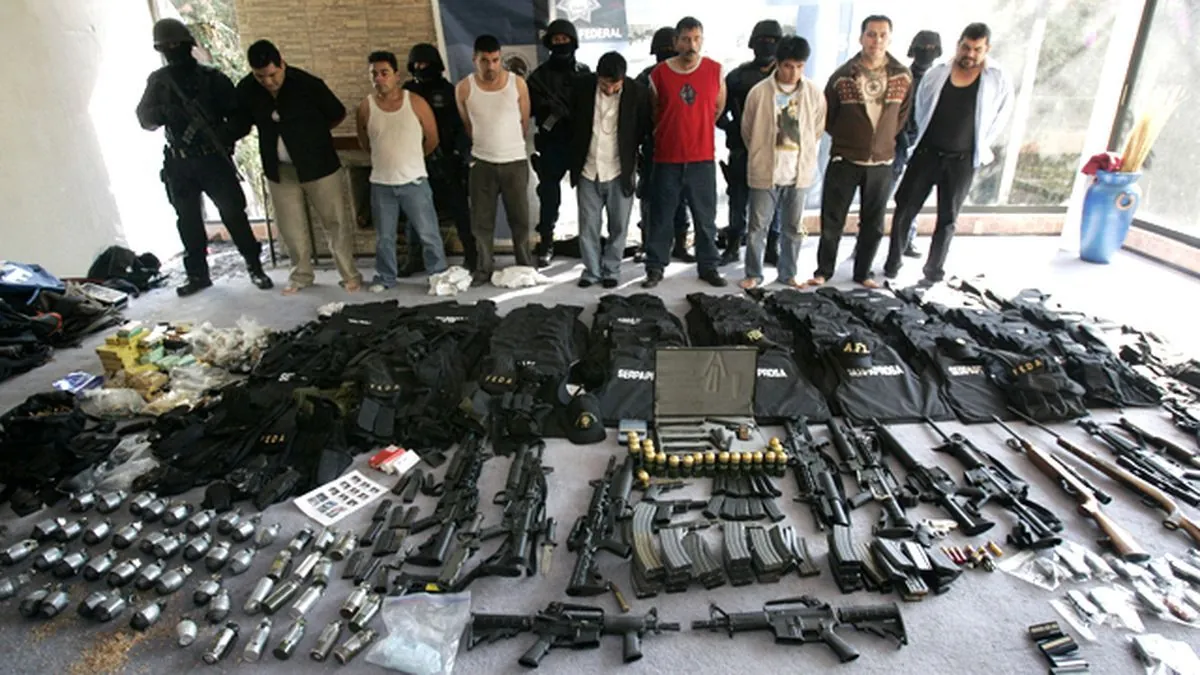Mexican President Urges Cartel Restraint Amid Sinaloa Violence
Mexican President López Obrador calls for responsible action from Sinaloa cartel factions as violence escalates in Culiacan. The conflict follows recent arrests and highlights ongoing challenges in Mexico's drug war.

In a recent development, Mexican President Andrés Manuel López Obrador has made an unusual appeal to warring factions of the Sinaloa cartel, urging them to act "responsibly" to prevent further loss of life. This plea comes in the wake of escalating violence that has nearly paralyzed Culiacan, the capital of Sinaloa state.
The Sinaloa Cartel, one of Mexico's oldest and most powerful drug trafficking organizations, has been embroiled in internal conflict following recent arrests. On July 25, 2024, Joaquín Guzmán López, son of former cartel leader Joaquín "El Chapo" Guzmán, and Ismael "El Mayo" Zambada were apprehended near El Paso, Texas. This event has seemingly triggered a power struggle between the remaining sons of El Chapo, known as "the Chapitos," and those loyal to Zambada.

The violence in Culiacan has resulted in at least 12 reported deaths, 11 gunshot injuries, and numerous missing persons and car theft cases. However, the actual toll may be higher due to the cartel's practice of removing their casualties. The city has been brought to a standstill, with schools and businesses closed, and the upcoming Mexican Independence Day celebrations on September 15-16 officially canceled.
"The president of Mexico is always listened to... Even by criminals... By everyone, more so if one has moral authority."
This statement reflects López Obrador's controversial "hugs, not bullets" strategy, which aims to address the root causes of crime rather than confronting cartels directly. This approach is part of a broader social policy to provide opportunities for youth and deter them from joining criminal organizations.
The ongoing conflict highlights the sophisticated warfare methods employed by cartels, including the use of IEDs, trenches, homemade armored vehicles, and even bomb-dropping drones. These tactics, reminiscent of military operations, underscore the escalating nature of Mexico's drug war, which has claimed hundreds of thousands of lives since its official launch in 2006.
The Sinaloa Cartel's influence extends far beyond Mexico's borders, with operations in multiple countries. Known for its complex tunneling systems for drug smuggling and diversification into various criminal activities, the cartel has significantly impacted both Mexico's security landscape and its cultural fabric, giving rise to the phenomenon of "narcoculture."
As López Obrador's term nears its end on September 30, 2024, the ongoing violence in Culiacan serves as a stark reminder of the challenges facing Mexico in its fight against organized crime. The president's call for restraint among cartel factions underscores the complex dynamics at play in a conflict that continues to shape the nation's future.


































